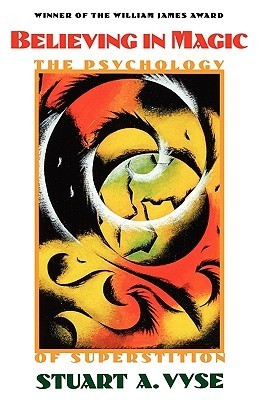What do you think?
Rate this book


272 pages, Paperback
First published April 24, 1997

"Uncertainty is an inescapable feature of the human experience, and people approach it in different ways. Some seem to crave it. Drawn to the thrill of taking chances, they gamble, drive fast, skydive, or take drugs.
Others are crippled by uncertainty. Our failure to accommodate the random happenings of life can lead to a variety of psychological problems, including substance abuse, phobia, and depression. But most of us fall somewhere between these two extremes. We manage to survive the unpredictable and uncontrollable aspects of our lives by avoiding those risks we can avoid and finding ways to cope with those we cannot. Some achieve this feat with relative ease. These rationalists and fatalists seem constitutionally equipped to prevail over the indeterminacy of daily events. They neither seek external support for life’s slings and arrows nor show visible signs of wounding. Still others find explanations in religious faith or personal philosophy. But some people, many of whom are quite sensible about other aspects of their lives, respond to uncertainty with superstitious beliefs or actions."